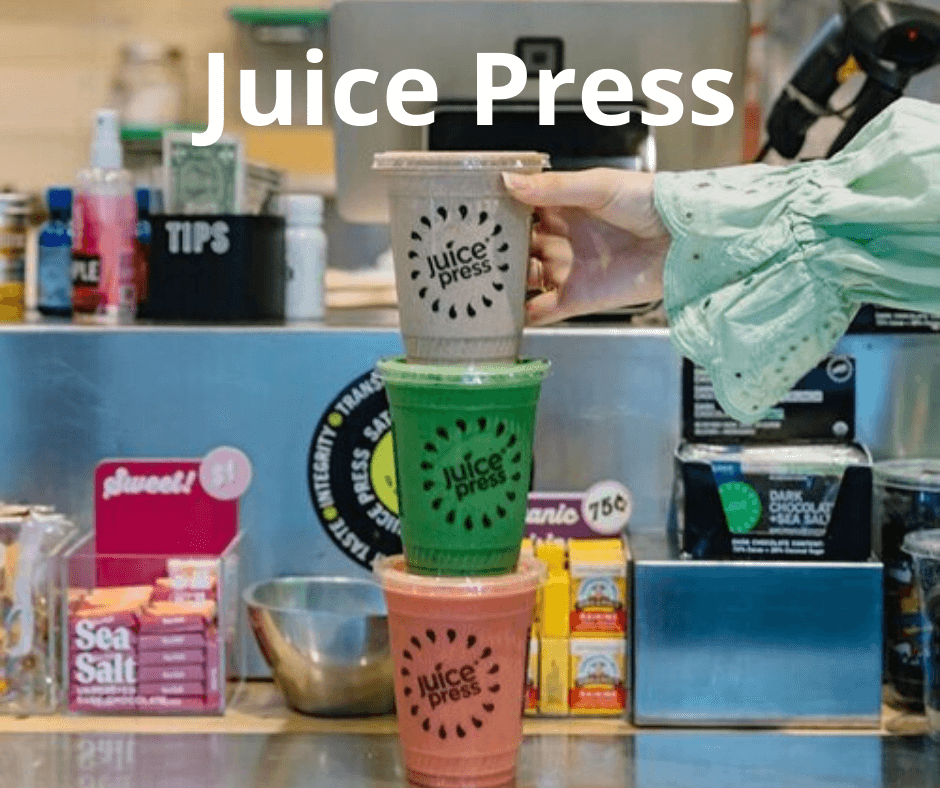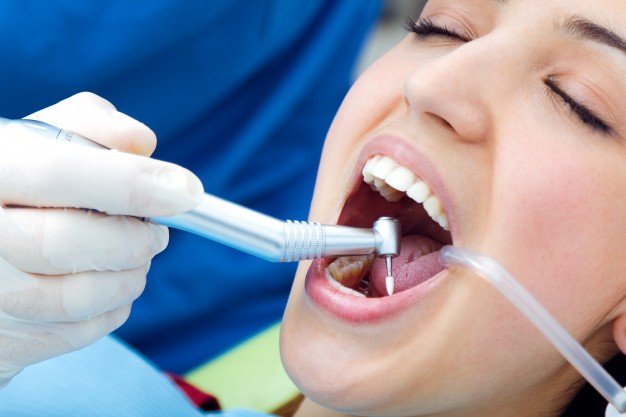Every year, millions of Americans swear to themselves they are going to be healthier in the new year. In keeping with this tradition a “New Year’s Resolution” is promised and they began to become excited about the new changes about to happen in their lives. Sadly, by February 14th, 80% of these new promises are abandoned and people return to their old habits and old life.
If you are someone who has made a New Year’s Resolution this year, then you must first understand that nothing will change unless you are ready to make a change. It doesn’t matter how big the promise you made to yourself is, if you’re not dedicated and consistent, nothing will happen. However, this year is different. For once, you’re not going to be merely a statistic.
You are going to advance your promise and build on a new life and a new you. If you are ready to take on the challenge, more than likely, you have committed to becoming healthier in some form or fashion this year. If this is true, you will need a jumpstart on your progress to get your body back on track. Here are five ways you can use to get healthier in the new year and become that person you’ve always wanted to be.
5 Ways To Get Healthier In The New Year:
#1- Eat The Right Foods
The very first thing you have probably noticed about your New Year’s Resolution in being more healthy is that the foods you used to eat no longer apply to you. When you begin to understand that the majority of your health and how you feel originates from the foods you eat, you begin to realize that there are a lot of options you have been including that shouldn’t be there.
First and foremost, you need to do an account of your cupboard and refrigerator. Throw out all of the processed foods, foods with high sugar and high-fat content. Throw out the sodas and minimalize your caffeine intake.
Remember, everything you put into your body is going to be converted into something. It will either be converted to fat or metabolized into energy and picking the right fuel for your body is essential.
Make sure to include foods that have leafy greens and other vegetables, legumes, nuts, and foods that are high in protein and still lean. Some of the best foods that fit these criteria are fish like salmon. Each of these options is going to help your body get back on track and allow you to get the most out of every meal you eat.
One of the biggest failures in a diet plan is that plenty of people know they need to diet, but they fail to plan it out. Don’t forget about planning. This is where you consider all of your meal options for the week.
Eventually, time will get away from you at some point during the week and you will be tempted to drive through a fast-food restaurant. Proper planning can help you avoid this catastrophe. Get the right foods by thinking smartly.
#2 – Do A Detox
Some people have learned that one of the best ways to get your body back on track to being more healthy is by doing a detox regime. If you have eaten processed foods, high fat, plenty of sugar, or anything negative like this, a detox will help your body flush out all of these unwanted materials so you can start fresh.
There are many kinds of detox programs that you can try. Take some time to learn about each one so you can be educated enough to pick the one that is correct for your body. Look at the testimonies of every customer to determine which program would be the most beneficial for you.
When you’re looking for a detox, try to stay as organic and natural as you can. Don’t consume anything that has chemicals or harsh substances in it because the purpose is to get these unwanted materials out of your body, not put more in.
#3 – Try Herbal Health For Once
When you begin to realize that organic and natural solutions are the best route to take for brand new health this year you start to understand that plants can provide the most benefit for your body.
When you think of health and wellness, you should think of wholeness. If your body looks great but your mental state is suffering, you’re not healthier. Since your mind is part of your body, don’t forget to include this important muscle in your routine. Herbal remedies are the best option for your mind as it responds better to botanical solutions.
For instance, pure natural CBD oils are some of the best remedies you can use to provide homeostasis for both your mind and your body. It has been said that CBD oil can help with cognitive function, provide a feeling of balance, helps with pain and inflammation, aids in PTSD and depression, and much more.
Your mind is an important aspect of your health and many people disregard this aspect of their wellness. Herbal health is an important aspect of overall wholeness because it includes every aspect of your life – your mind and your body and that’s important.
#4 – Get A Healthy Gut
Did you know that the gut microbiome plays a very important role in your overall health? That is why you must always consider gut health when you are adopting new routines in your daily diet. The gut is a crucial system of the body because it helps your system break down food and metabolize energy. This is only a small portion of what the gut is responsible for, however, at times people can have problems with their gut which can lead to bigger issues later. Issues like yeast overgrowth are a common problem that occurs. It is imperative to manage issues like yeast overgrowth and maintain harmony within the digestive system.
When it comes to gastrointestinal health in the twenty-first century, many people are becoming more educated about how to use preventive measures to keep a healthy gut. They understand the symptoms of GI conditions and can monitor these changes periodically. However, one of the most important parts of this process is to include a functional medicine doctor like a chiropractor into your monthly routine to ensure gut health.
Symptoms of poor gut health could be constipation, irritable bowel syndrome, colitis, and much more. If you feel like you have one or more of these conditions in your gut, it is important to consult your primary functional medicine practitioner to develop an ongoing process to keep these symptoms at bay. Just because you have some or all of these ailments doesn’t mean your body cannot be healthier in the new year. It just means you need to be more proactive with your body in order to ensure better gut health. When your gut is happy, your entire body functions properly and the way it should.
#5 – Drink More Water
One of the most commonly known facts about health is how we should all be drinking more water. Make sure you’re getting your eight cups every day. Everyone already knows this, however, it is one of the easiest things to forget about. You can become consumed by exercise and diet and forget some of the simplest things for your health.
Essentially, water is needed to carry oxygen throughout the body. It helps with a massive amount of wellness-related items in your body and when you decline your body of this much-needed asset, you suffer the consequences. Make sure you are getting your daily amount of water every day, and make sure this water is filtered goodness, not that town stuff that is full of fluoride.
Be Who You Know You Can Be
If you are considering a healthier in the new year, then you probably already know how difficult it can be to make these changes happen. The one thing you should focus on is small goals and meeting those goals every week in order to be healthier in the new year.
So many people push themselves to lose 100 pounds in the first month, and then they fail so they give up. Aim small, miss small and that is the key to changing your lifestyle so you can be who you know you can be in your life. You must get healthier in the new year with the above tips.
Read Also:























